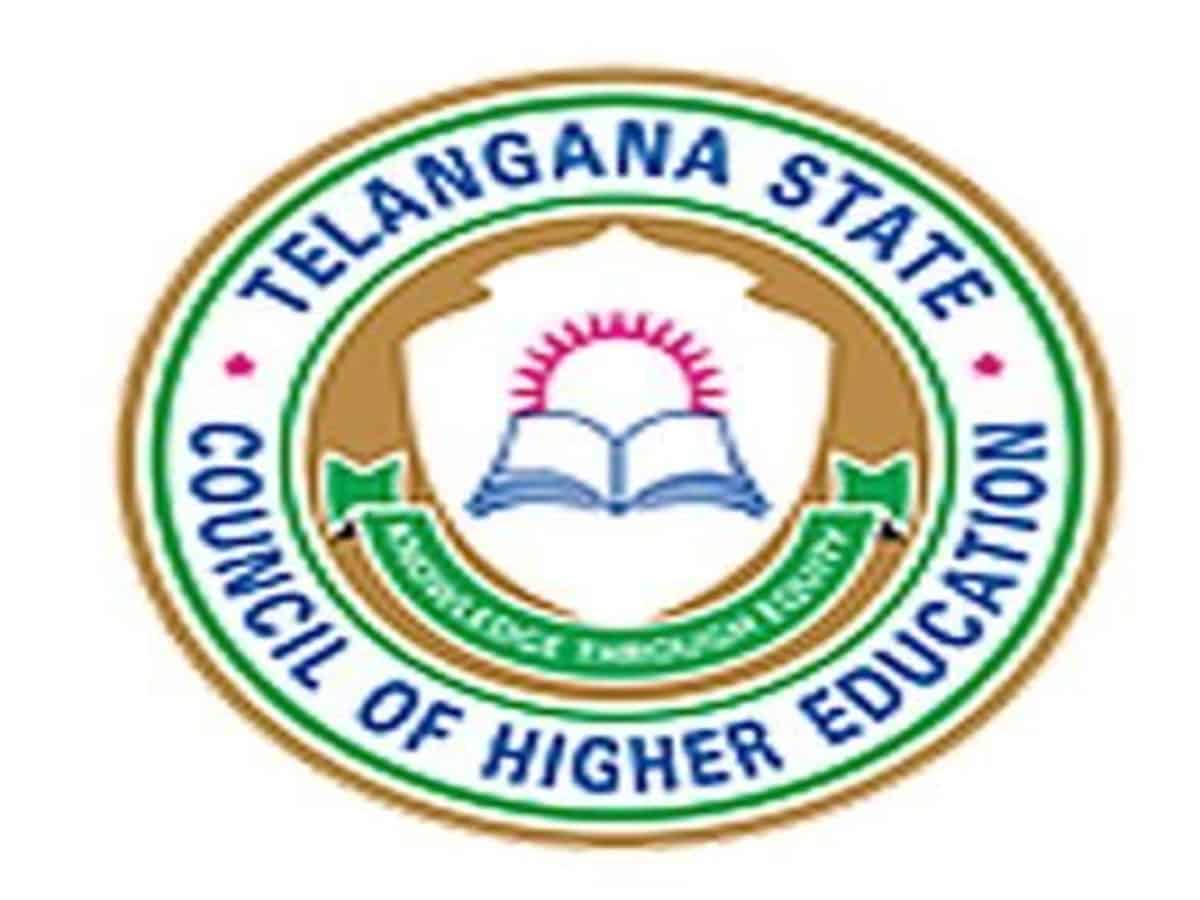Hyderabad: On July 1, the Telangana State Council for Higher Education (TSCHE) started registrations on the Degree Online Services website or the DOST portal for commencement of degree admissions to different state-run universities for students who passed their intermediate examinations.
However, the application for the same asks students to submit their Aadhar number details which poses some concerns with regards to security. In September 2018, the Supreme Court held that while the Aadhar project by itself is essential, some of its provisions are unconstitutional.
The court ruled that Aadhar details would not be required for admissions in schools as well as by the National Eligibility cum Entrance Exam (NEET), the Universal Grants Commission (UGC), the Joint Entrance Examination (JEE) and the Central Board of Secondary Education (CBSE).
Hence, the question arises: Is asking Aadhar details of students under the DOST portal by the Telangana Government in violation of Supreme Court’s mandate?
Commenting on the practical aspects of Aadhar Mr. Srinivas Kodali, a privacy rights activist and researcher said that “Asking students for their Aadhar number details can put them in peril,” he said. Kodali referred to the letter written by the Telangana State Technology Services (TSTS) in March 2019 to the Board of Intermediate Education BIE), wherein they asked the latter to send data of the students applying for exams.
This data which includes face verification, demographic verification and photo comparisons, was asked by the TSTS so as to enable the development of an application called GatePass, which ensures verification of students appearing for examinations. Comparing that initiative with the current demand for Aadhar details, Mr. Kodali remarked, “By its very design, this kind of surveillance is in violation of an individual’s fundamental right to privacy which is made worse by the fact that they are minors.”
The government’s reasoning for digital verification of this kind is to prevent fraud, or malpractices in examination centers. However when asked about this, Kodali said that if anything this move gives rise to fraud of a different kind.
“Pushing this technology and especially on to students without their parents’ consent, can at the very least lead to identity theft and at the most could cause grave harm to the students including the abuse of young women. Not every solution can be solved by employing technology. The government‘s main motivation here is to promote its IT sector,” Kodali added.
In spite of repeated attempts, officials of the Telangana State Council for Higher Education (TSCHE) were unavailable for comment when contacted by Siasat.com.

